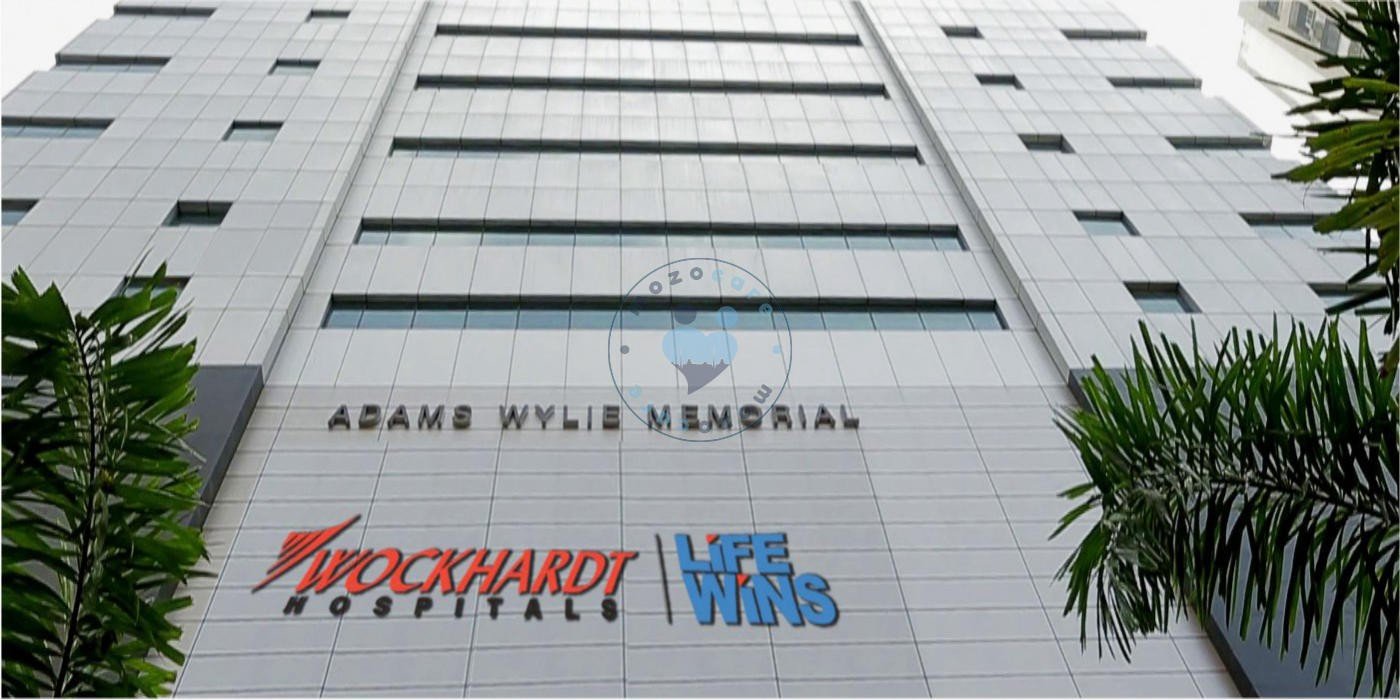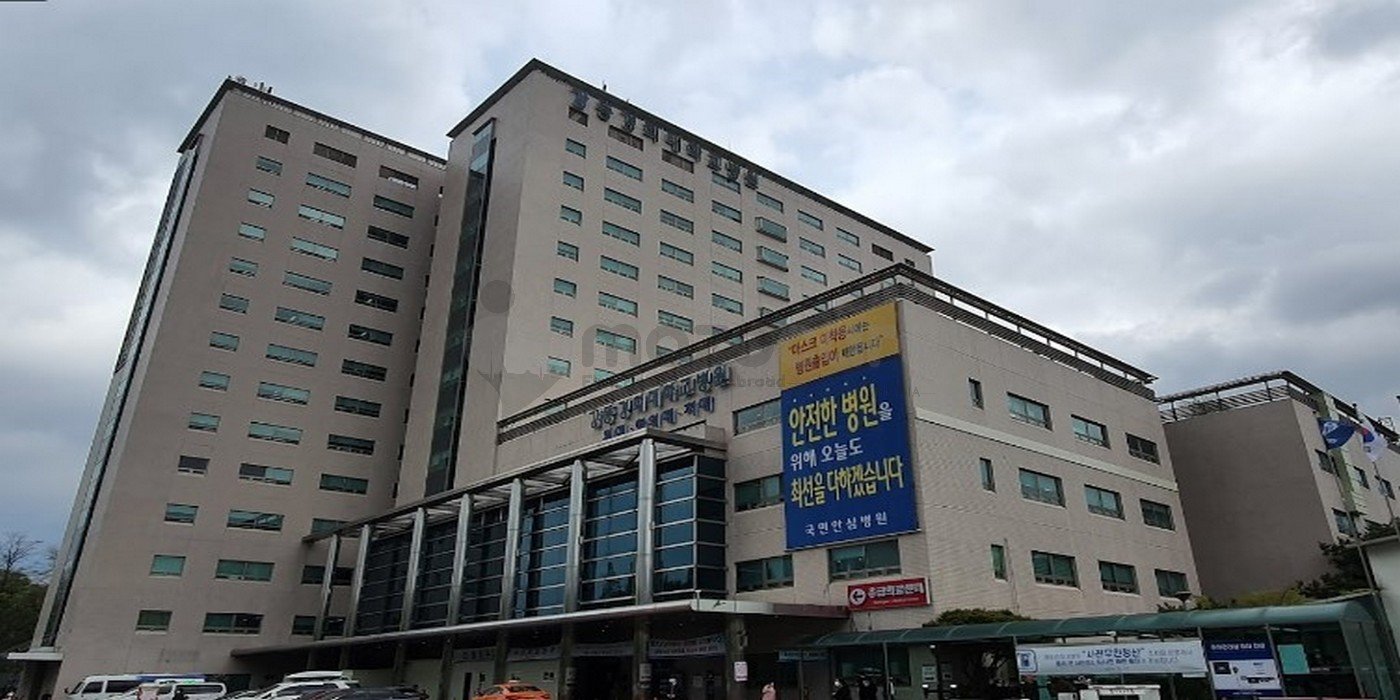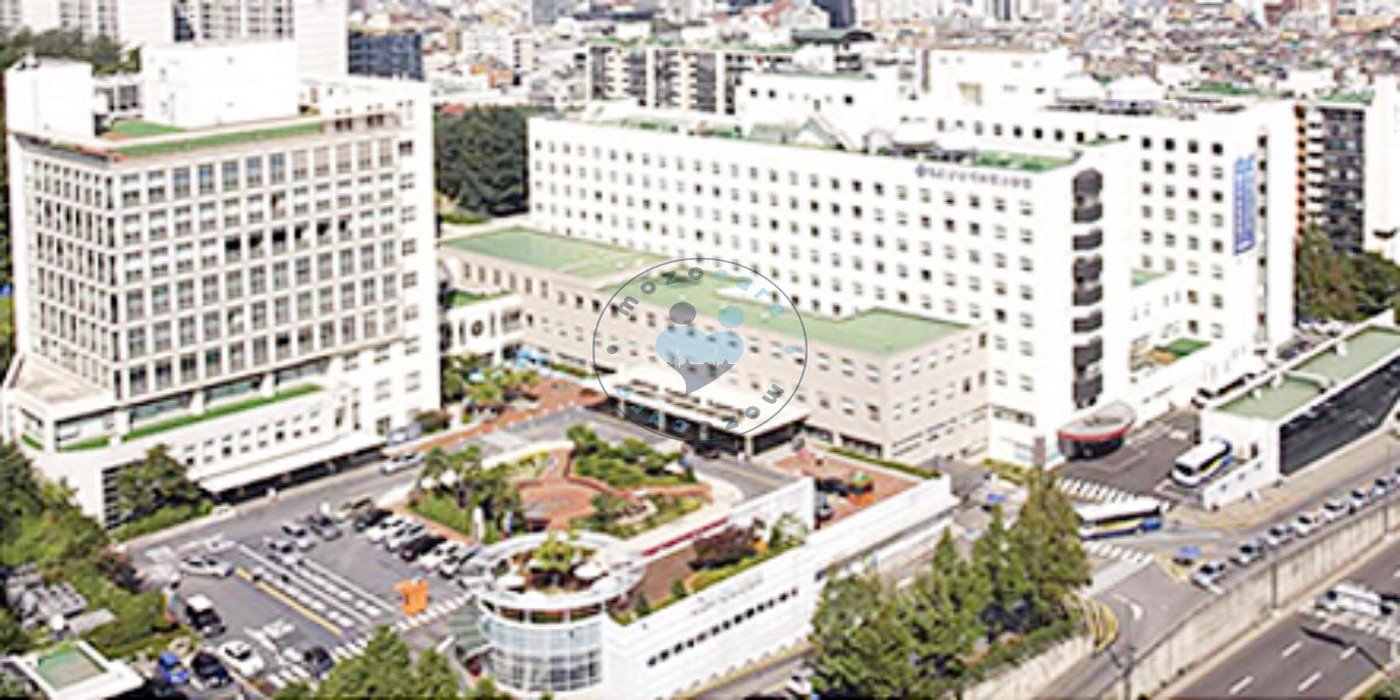

There are many factors that can affect the costs
Get Free Consultation
Acute Decompensated Heart Failure Treatment treatments abroad
Acute decompensated heart failure is the most frequent and possibly fatal root cause of severe pulmonary distress. It represents a heterogeneous group of disorders that characteristically present as dyspnea, edema, and fatigue. AHF is often not acute in onset, typically developing gradually over days to weeks, where acuity is a function of the need for emergent therapy due to the severity of these signs and symptoms.
Where can I find Acute decompensated heart failure treatment abroad?
At Mozocare, you can find Acute decompensated heart failure treatment hospitals in India, Acute decompensated heart failure treatment at clinics and hospitals in Germany, Acute decompensated heart failure treatment at clinics and hospitals in Turkey, Acute decompensated heart failure treatment at clinics and hospitals in Thailand.
Cost of Acute Decompensated Heart Failure Treatment abroad
The cost of ADHF treatment varies from country to country, hospital to hospital, and even from doctor to doctor. The average cost of treatment in the United States can range from $10,000 to $30,000 or more, depending on the hospital and the severity of the condition. However, opting for ADHF treatment abroad can be more cost-effective, with prices ranging from $5,000 to $15,000, depending on the country and hospital.
ADHF treatment abroad involves the same medical procedures as in the patient's home country. However, opting for treatment abroad may offer additional benefits, including access to state-of-the-art medical facilities, highly experienced doctors, and shorter waiting times. Additionally, some hospitals may offer post-operative rehabilitation and follow-up care, ensuring the best possible recovery for the patient.
Before undergoing ADHF treatment abroad, patients should consult with their doctor to determine if they are eligible for travel and the best possible treatment options. Patients may also need to undergo pre-operative tests to assess their overall health and determine the most appropriate treatment plan.
ADHF treatment abroad includes several procedures and medication options, depending on the severity of the condition. The primary treatment methods include diuretics, vasodilators, oxygen therapy, inotropic agents, beta-blockers, and ACE inhibitors.
Diuretics: Diuretics are medications that help remove excess fluid from the body and reduce swelling, a common symptom of ADHF.
Vasodilators: Vasodilators are medications that relax the blood vessels, allowing blood to flow more freely and reducing the workload on the heart.
Oxygen therapy: Oxygen therapy is administered through a face mask or nasal cannula to increase the amount of oxygen in the blood, improving breathing and reducing the workload on the heart.
Inotropic agents: Inotropic agents are medications that help increase the strength of the heart's contractions, allowing it to pump blood more efficiently.
Beta-blockers: Beta-blockers are medications that help slow the heart rate and reduce blood pressure, reducing the workload on the heart.
ACE inhibitors: ACE inhibitors are medications that help relax blood vessels, reduce blood pressure, and decrease the workload on the heart.
In severe cases, surgery may be necessary, such as the placement of a ventricular assist device (VAD) or heart transplant.
The recovery process for ADHF treatment abroad varies depending on the severity of the condition and the treatment received. Patients may need to stay in the hospital for several days or even weeks, depending on their condition. After discharge, patients will need to follow a strict medication regimen and make lifestyle changes to manage their condition, including a healthy diet, exercise, and regular medical check-ups.
Acute decompensated heart failure is a condition when the symptoms of heart failure becomes worse. It is a serious condition when a heart is not able to pump blood to its full capability.
Yes, acute decompensated heart failure is a common growing problem. The disease commonly occurs in people >65 years of age.
One must seek emergency care if there is chest pain, irregular heartbeat, weakness and sudden coughing of foamy mucus. It needs immediate hospitalization or intensive therapy.
ADHF is diagnosed by history taking and physical examination of the patient. Other diagnostic tests include – chest radiography, ECG, blood test, serum electrolyte, BNP (brain natriuretic peptide), cardiac catherization, transthoracic echocardiogram.
Medicines - Diuresis, ultrafiltration, vasodilators, calcium channel blockers, statins, opioids, beta blockers are the medicines for ADHF. Procedures - Ventilation and ultrafiltration are the procedures Surgery – Bypass surgery, heart valve surgery, implant of pacemaker, place a ventricular assist device.
Pre-existing heart problems, hypertension, kidney diseases, fluid overload, renal artery stenosis, diabetes, stroke, alcoholism, blood clot are some of the common causes of acute decompensated heart failure.
You cannot prevent the disease but take certain measures to lower the risk of ADHF. • Maintain a healthy diet • Eat balanced food • Quit smoking tobacco • Do regular workout • Avoid stress
ADHF can be caused by a variety of factors, including high blood pressure, coronary artery disease, heart attack, and heart valve disease.
The symptoms of ADHF include shortness of breath, fatigue, swelling in the legs and feet, rapid heartbeat, and coughing.
ADHF is a chronic condition that can be managed through medication, lifestyle changes, and sometimes surgery. However, there is no cure for ADHF.
Preventing ADHF involves managing risk factors such as high blood pressure, maintaining a healthy diet and exercise regimen, and avoiding smoking and excessive alcohol consumption.
ADHF is typically diagnosed through a physical exam, medical history, and diagnostic tests such as echocardiography and blood tests.
The length of ADHF treatment varies depending on the severity of the condition and the treatment received. Patients may need to stay in the hospital for several days or weeks, and recovery can take several months.
ADHF treatment abroad can be safe and effective, provided that patients choose reputable hospitals and experienced doctors.
Patients should consult with their doctor to determine if they are eligible for travel and the best possible treatment options. Patients may also need to undergo pre-operative tests to assess their overall health and determine the most appropriate treatment plan.
The risks of ADHF treatment include bleeding, infection, and adverse reactions to medications. In severe cases, surgery can carry additional risks.
It depends on the patient's insurance policy. Some insurance policies may cover ADHF treatment abroad, while others may not. Patients should consult with their insurance provider to determine their coverage.
| Wockhardt Hospital South Mumbai | |
| Hisar Intercontinental Hospital | |
| Centro Médico Teknon - Grupo Quironsalud | |
| KUIMS | |
| Gangnam Severance Hospital | |
| Kokilaben Dhirubhai Ambani Hospital | |
| American Hospital of Paris | |
| Hospital Sirio Libanes | |
| The Medical City | |
| University Hospital of Munich (LMU) |

Mumbai, India

Istanbul, Turkey

Barcelona, Spain

Seoul, South Korea

Seoul, South Korea